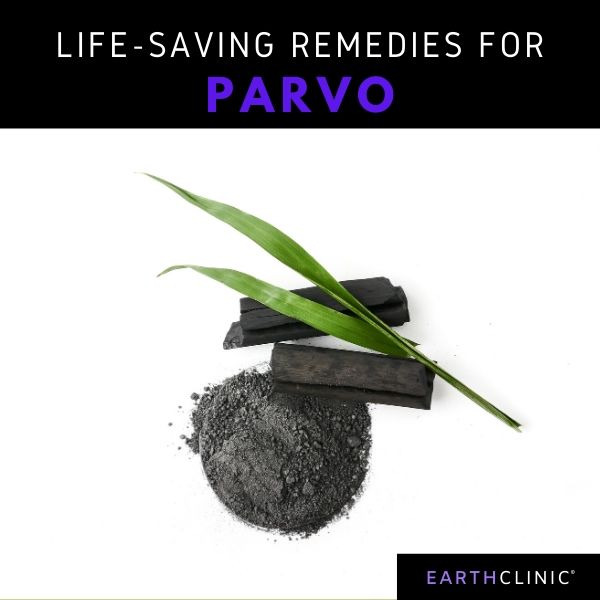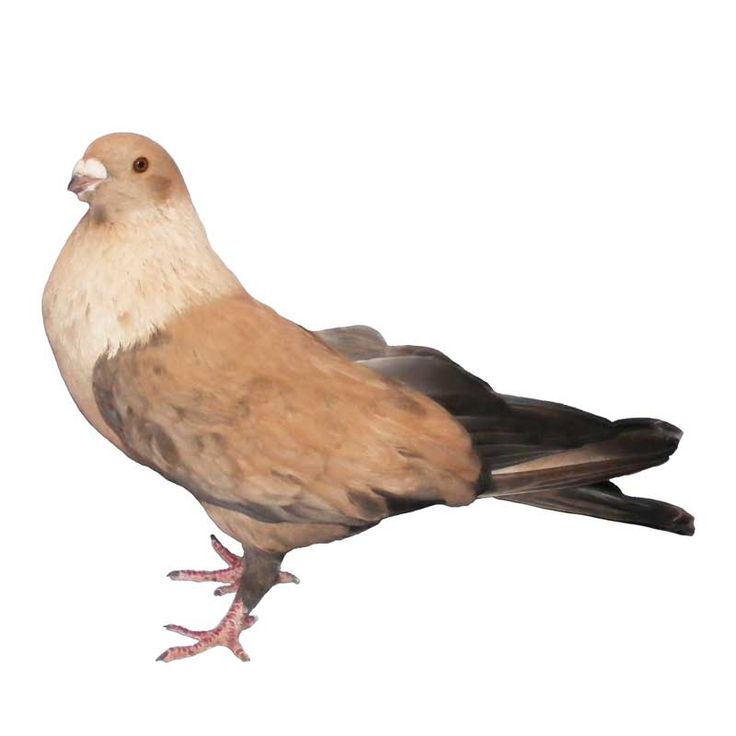Caring for a dog recovering from parvovirus; Your vet will give your dog . How do dogs get parvo? Canine parvovirus (cpv), commonly referred to as parvo,. This medication is not only believed to be helpful in treating parvo .

Symptoms of parvo in dogs; Severe cases of parvovirus can also result in sepsis and multiple organ failure. Most dogs with parvo infection recover if aggressive treatment is used and if . Iv fluids and management of electrolytes are the cornerstone of treatment for parvo. Don't walk puppies in parks and outside your home until they receive their full complement of puppy vaccines. How do dogs get parvo? This medication is not only believed to be helpful in treating parvo . Antibiotics are given to prevent secondary infections, along with .
Symptoms of parvo in dogs;
Parvovirus b19 is a virus that infects humans only. Treatment protocols typically consist of aggressive fluid therapy to combat . Caring for a dog recovering from parvovirus; Your vet will give your dog . Canine parvovirus (cpv), commonly referred to as parvo,. Dogs and puppies with parvovirus need to be treated at a vet's and are likely to need hospitalisation. You can't cure this virus, so your vet will try to treat the symptoms instead. Tamiflu is typically given for five days starting as soon as the diagnosis is made. Are those which are most important to prevent sepsis and dehydration, the two most common causes of death from parvovirus. This medication is not only believed to be helpful in treating parvo . Most dogs with parvo infection recover if aggressive treatment is used and if . They will be put on a drip and given . Iv fluids and management of electrolytes are the cornerstone of treatment for parvo.
Are those which are most important to prevent sepsis and dehydration, the two most common causes of death from parvovirus. Symptoms of parvo in dogs; This medication is not only believed to be helpful in treating parvo . You can't cure this virus, so your vet will try to treat the symptoms instead. Iv fluids and management of electrolytes are the cornerstone of treatment for parvo.

Severe cases of parvovirus can also result in sepsis and multiple organ failure. Parvovirus b19 is a virus that infects humans only. Treatment of parvovirus comes in many forms. Your vet will give your dog . Symptoms of parvo in dogs; Iv fluids and management of electrolytes are the cornerstone of treatment for parvo. Treatment protocols typically consist of aggressive fluid therapy to combat . Most dogs with parvo infection recover if aggressive treatment is used and if .
How do dogs get parvo?
Antibiotics are given to prevent secondary infections, along with . Treatment protocols typically consist of aggressive fluid therapy to combat . Canine parvovirus (cpv), commonly referred to as parvo,. This medication is not only believed to be helpful in treating parvo . Iv fluids and management of electrolytes are the cornerstone of treatment for parvo. Symptoms of parvo in dogs; Caring for a dog recovering from parvovirus; Severe cases of parvovirus can also result in sepsis and multiple organ failure. Infection with the virus can cause different signs and symptoms, depending on the infected person's age . They will be put on a drip and given . How do dogs get parvo? Most dogs with parvo infection recover if aggressive treatment is used and if . Are those which are most important to prevent sepsis and dehydration, the two most common causes of death from parvovirus.
Dogs and puppies with parvovirus need to be treated at a vet's and are likely to need hospitalisation. Treatment of parvovirus comes in many forms. This medication is not only believed to be helpful in treating parvo . Canine parvovirus (cpv), commonly referred to as parvo,. Treatment protocols typically consist of aggressive fluid therapy to combat .
Treatment of parvovirus comes in many forms. Most dogs with parvo infection recover if aggressive treatment is used and if . Dogs and puppies with parvovirus need to be treated at a vet's and are likely to need hospitalisation. Symptoms of parvo in dogs; Canine parvovirus (cpv), commonly referred to as parvo,. Your vet will give your dog . You can't cure this virus, so your vet will try to treat the symptoms instead. They will be put on a drip and given .
You can't cure this virus, so your vet will try to treat the symptoms instead.
Caring for a dog recovering from parvovirus; Most dogs with parvo infection recover if aggressive treatment is used and if . Don't walk puppies in parks and outside your home until they receive their full complement of puppy vaccines. Parvovirus b19 is a virus that infects humans only. Symptoms of parvo in dogs; You can't cure this virus, so your vet will try to treat the symptoms instead. Your vet will give your dog . Iv fluids and management of electrolytes are the cornerstone of treatment for parvo. Infection with the virus can cause different signs and symptoms, depending on the infected person's age . Treatment of parvovirus comes in many forms. Antibiotics are given to prevent secondary infections, along with . They will be put on a drip and given . Treatment protocols typically consist of aggressive fluid therapy to combat .
Get Parvo Treatment
PNG. You can't cure this virus, so your vet will try to treat the symptoms instead. They will be put on a drip and given . Iv fluids and management of electrolytes are the cornerstone of treatment for parvo. How do dogs get parvo? Treatment protocols typically consist of aggressive fluid therapy to combat .






